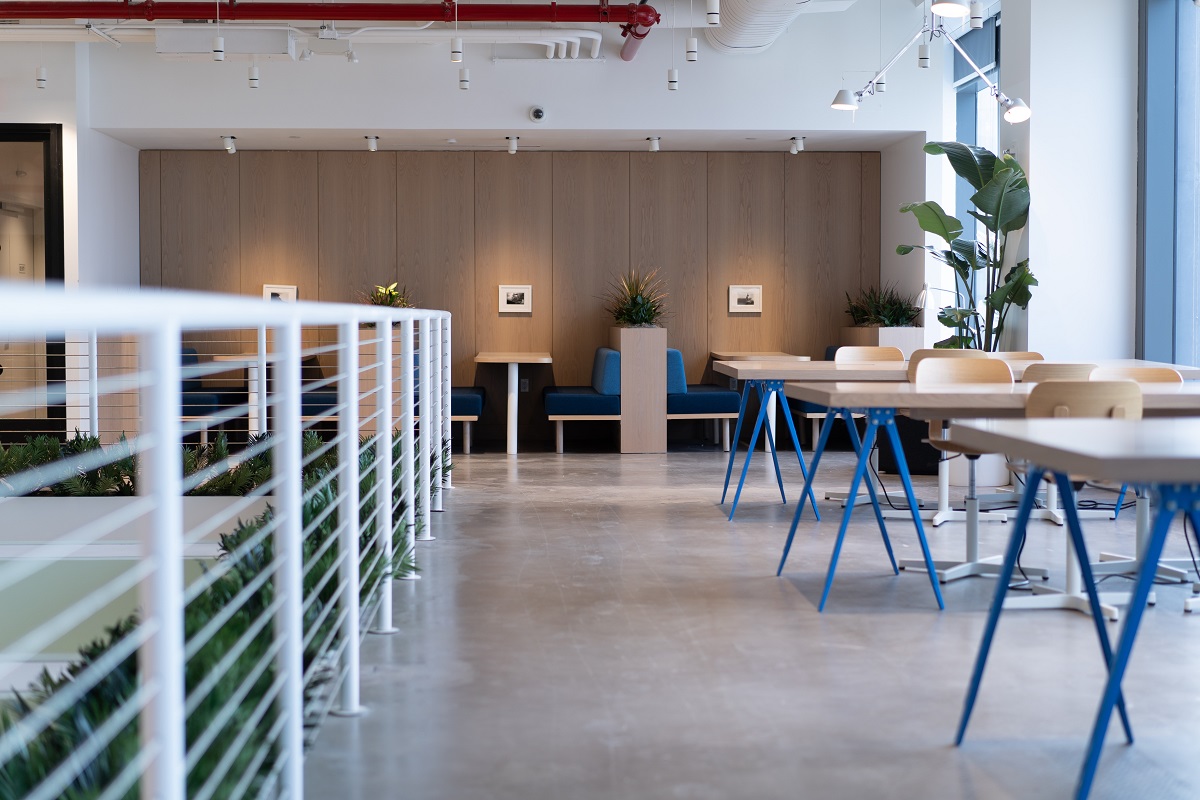News that Covid-19 vaccines will soon reach New Zealand is giving us hope that we’re finally turning the corner on the pandemic. Yet, there are concerns that our working lives may never quite be the same as they were before 2020.
One of these concerns is that a greater emphasis on remote working could have a permanent impact on the ability of workplaces to establish and nurture social capital between people.
What is social capital?
Described as the ‘secret ingredient’ that helps teams and organisations function better than others, social capital is the shared trust, knowledge, connectedness, and respect between individuals that prompts them to share their ideas and concerns, contribute to one another’s thinking, and to assess potential risks and how to mitigate them as early on as possible.
What are the benefits of social capital?
They are significant. Margaret Heffernan, a leading expert on the topic, says the more social capital you have in your organisation and across different teams, the more easily expertise and ideas can be shared, and tricky problems can be solved. In her view, high levels of social capital leads to cooperation becoming the default behaviour and the workplace becomes more innovative and productive all round, with a net outcome of increased organisational effectiveness, creativity and efficiency.
How can you protect your social capital?
So with more of us opting to work from home, questions remain about how easily we can build social relationships with our colleagues, and whether social capital will suffer as a consequence.
In a previous study, we found out that bosses had, in fact, become more trusting and that teams felt they were working better together than before the pandemic. Another finding was that despite swapping the meeting room for video calls, workplace communication had actually improved.
So has Covid really put your social capital at risk? The good news is that it’s absolutely possible to build and maintain social capital with remote working scenarios. Culture is not based on how and where we work, after all, it’s based on how people interact and tune in to one another. Exchanging moments of empathy, being open and transparent, acknowledging and taking responsibility for mistakes, being able to challenge one another and work through problems together are all basic building blocks increasing social capital.
What this, and other similar research, highlights is just how vital the role of social connectedness and social capital is for success. Ultimately, we can boost our social capital regardless of our office location. If we remember to embrace empathy, offer help and ask for it, show gratitude and contribute to conversations without agendas, listen, and try to be the same individual we are on-screen that we are in person, there’s no reason to believe the future of work is a danger to the social capital that makes our organisations successful.

